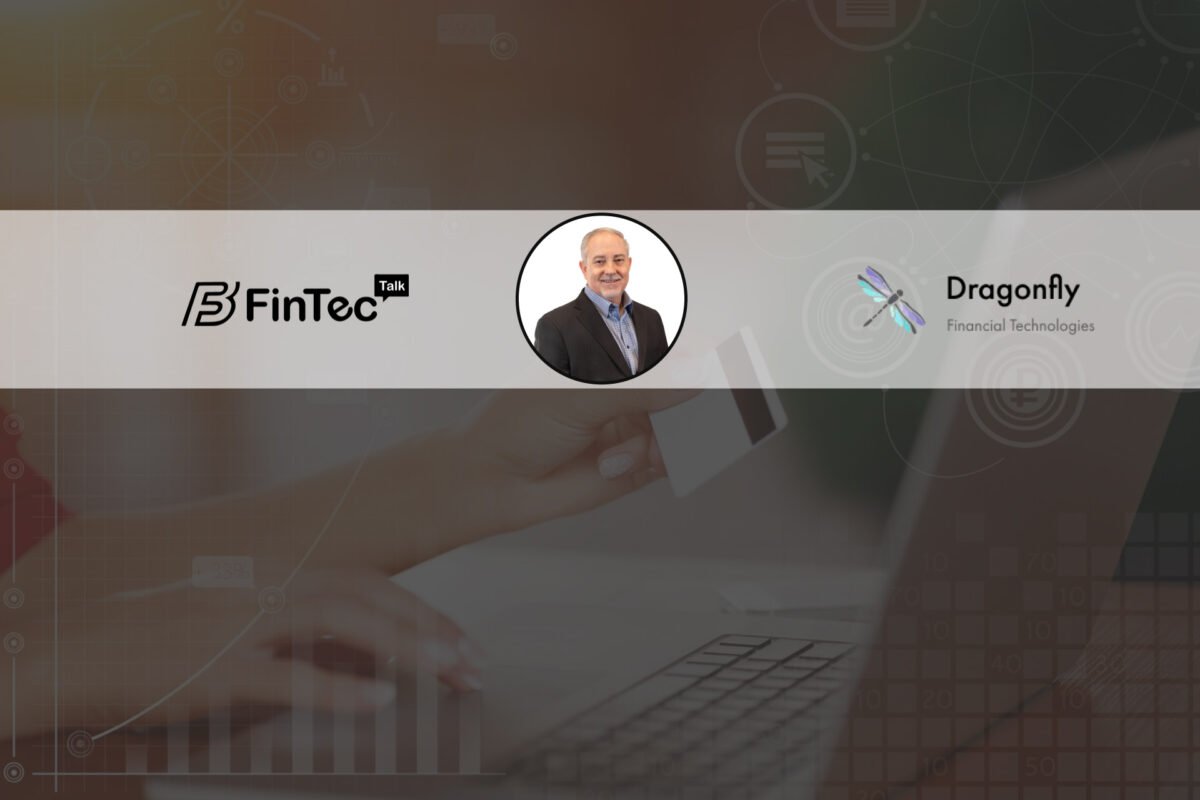Discover the role of open banking in improving consumers’ financial health.
1. Tell us a little bit about yourself and your role at Jack Henry.
I spent the first half of my career as a banker at many community and large financial institutions, where I held various roles in retail and business development banking. In 2012, I transitioned to the technology side, first working for Fiserv, then joining Jack Henry nine years ago.
My experience at Jack Henry has always focused on core and digital banking technology. In my current position as Digital Engagement Director, I manage the relationships between fintechs leveraging the Banno Digital Toolkit and our financial institution clients.
2. How does Jack Henry’s technology contribute to the implementation of open banking strategies?
Jack Henry has been an open company since its creation almost 50 years ago – from our culture and technology to our relationships with fintechs. More recently, the demand for digital experiences centered around the needs of customers and members has made open banking essential. People aren’t just comparing financial institutions when making decisions on where to bank, they’re comparing experiences. They want the freedom and flexibility to bank according to their needs.
Through our open banking platform, Jack Henry makes it easy for financial institutions to integrate with industry-leading third-party fintech solutions and deliver relevant products and services to their account holders in a single, unified experience. This gives financial institutions the optionality to choose the solutions they need to support their strategy and needs while allowing us to deliver a more robust and seamless digital banking experience. Ultimately, this helps our customers better serve their account holders and compete with megabanks and fintechs.
We are also encouraging fintechs to leverage our Banno Digital Toolkit, the same set of APIs our Banno Digital Platform is built on, allowing innovation to be more accessible and deeply integrated within a financial institution’s digital experience. Our API, design, and authentication frameworks are publicly available, further delivering on our commitment to be an open company.
3. What types of fintechs do you have in your ecosystem and what types of technologies are you focusing on in 2024?
Over the years, we’ve built a large network of fintechs, serving a variety of technology categories. Our goal has always been to integrate multiple fintechs serving single technology categories, for example cryptocurrency or retirement planning, giving our clients the option and flexibility to select the best solution that meets their unique business needs and serve their respective markets.
In recent years, the most common types of fintechs integrated into our ecosystem have been part of one of these three groups: small and medium sized business (SMB) banking, financial health/financial wellness, and wealth management. These areas have seen most interest and demand from our clients and thus, will continue to be our focus in 2024.
4. Why would fintechs want to work with Jack Henry?
The Banno Digital Toolkit provides a self-service, zero cost to enter, API enabled platform for fintechs to build on. It can take fintechs fewer than 90 days to integrate to the platform and go live. Once integrated, their technology will be available to our 7,500 financial institutions customers serving communities nationwide.
5. Can you elaborate on the CFPB’s proposed Personal Financial Data Rights Rule and its impact on API-based open banking rails?
The CFPB’s proposed Personal Financial Data Rights Rule advocates for customers to have rights to and control over their own data. The rule puts pressure on technology providers to replace inbound screen scraping with an application programming interfaces (API)-based technology framework. This framework is the most secure way to move consumer data and the easiest way to integrate technology.
At Jack Henry, our digital banking platform, Banno, is built on an open API structure, and we have completely replaced inbound screen-scraping with direct API connection, making us compliant with the new rule before it was proposed. Our openness has also helped us build strategic relationships with the four major data aggregators, providing our customers and their account holders with increased security, visibility, and control over their financial data.
6. How does the elimination of inbound screen scraping and credential sharing enhance security and transparency for consumers in the open banking space?
For many years screen scraping was the answer to consumers demanding account connection between all their financial apps for easier money management. Screen scraping entails handling over user login credentials to a third-party fintech and allowing them to log in on the consumer’s behalf. Consumers have no control over which information they share or collect, which poses a big security threat.
Direct API connection reduces this security threat and increases user visibility into who is accessing their account. Jack Henry’s integration with all four major data aggregators allows us to use tokenization, an alternative method that does not store users’ usernames and passwords, giving limited, read-only access to the third-party fintech. Moreover, direct API integration also allows account holders to manage which apps they share their financial data with directly within their digital banking experience.
7. How does the shift in open banking contribute to improving consumers’ financial health?
Today, consumers have between 15 to 20 financial relationships, making it nearly impossible to see a full, 360-degree view of their finances. Without a holistic understanding of their finances, they can become disconnected from their financial reality and fail to identify the steps needed to improve their financial health (e.g., adjust spending).
Open banking enables our financial institution clients to provide a one-stop shop for all their account holders’ financial needs, through one set of credentials. A consumer can go to their online or mobile banking app and access credit management, identity protection, wealth management and many other tools, alongside their traditional banking services like saving accounts, loan relationships etc. This gives them greater visibility into their financial relationships and helps them make more informed financial decisions, ultimately improving their financial health.
Stay Ahead of the Financial Curve with Our Latest Fintech News Updates!




